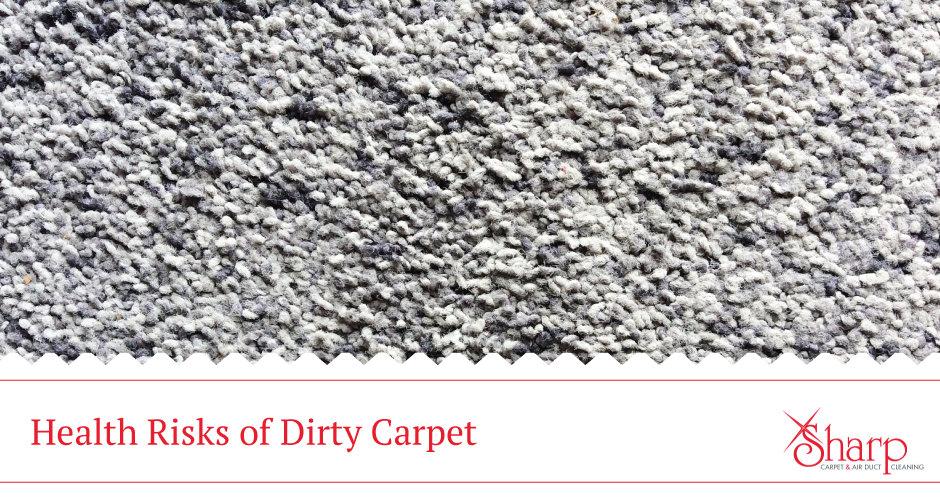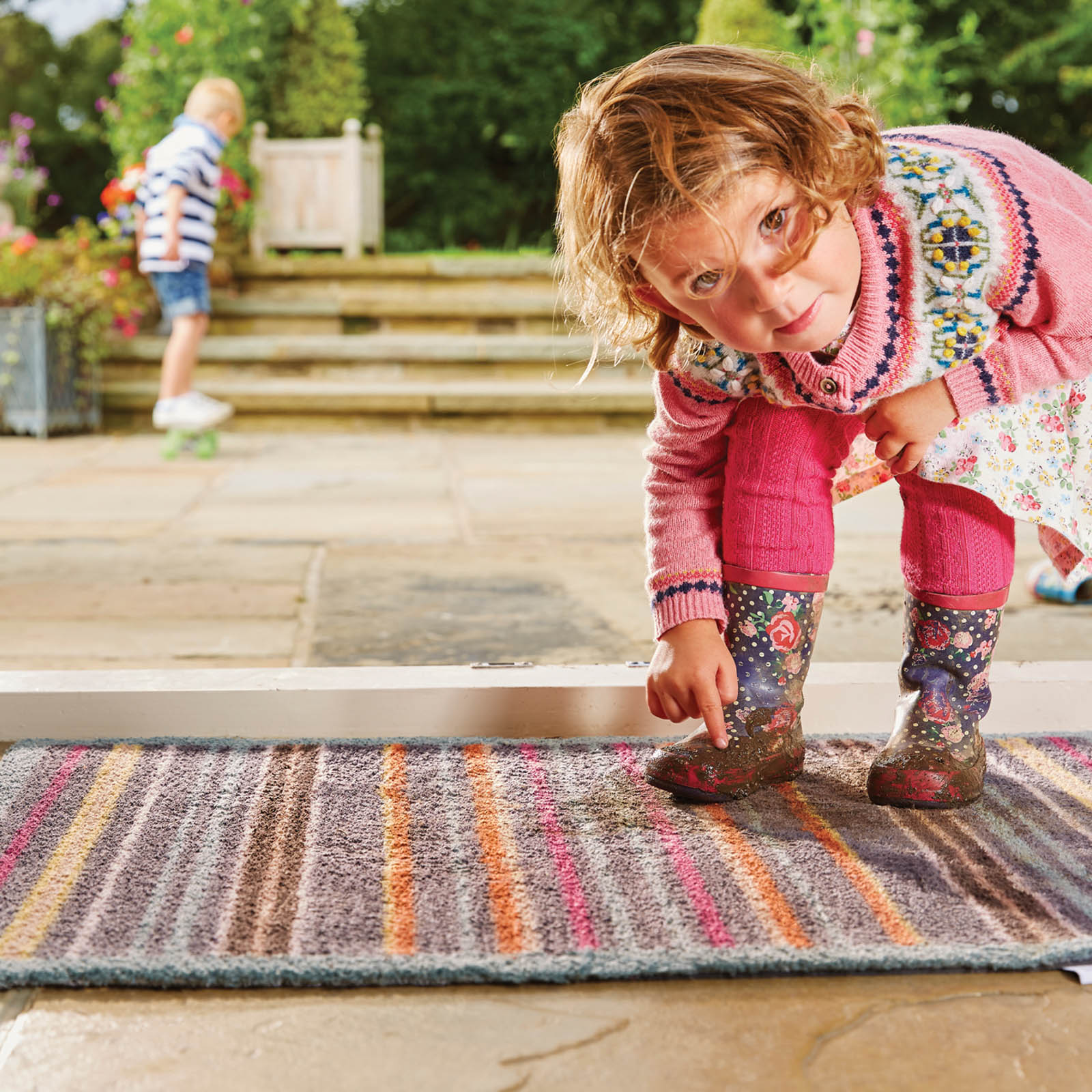Your dusty carpet will increase the chances of infections and allergies due to various types of allergens molds and infectious elements present in it.
Effects of dirty carpet for children.
One of the most harmful affects of dirty carpet is that it makes your family more sensitive to the illnesses.
Our children and pets spend a lot of time playing and interacting with the surface.
Inhaling the ammonia may cause asthmatics to have a flareup.
From carrying bacteria to creating smells like ammonia that can cause nose and lung irritation pet waste can be particularly dangerous for small children who are in frequent contact with dirty carpet.
Highest quality hd recorded mp3 downloads.
The dampness can also increase the risk of mold growth so immediately treating affected areas is crucial.
Carpet fibers can be either bulked continuous filament bcf or staple staple fibers shed more than bcf fibers.
The majority of poison exposures from carpet.
Norovirus also known as the norwalk virus norovirus causes symptoms similar to food poisoning or even the stomach flu.
Free footstep sound effects including multiple and singles of walking and running on wood dirt concrete grass slow heavy fast and more.
Dirty carpets can also trigger asthma attacks.
The quest for non toxic carpeting is tough as carpets and their backings are often made of synthetic materials treated with hazardous chemical sprays and then installed with adhesives.
Symptoms include bloody diarrhea cramping abdominal pain and fever.
People who have asthma may have more problems in the presence of carpet that is contaminated with urine.
This doesn t affect the long term quality of the carpet but it does mean you ll have to vacuum more often until the initial shedding stops which can take up to a year and it can also be an issue for allergy sufferers.
Toxic fumes principally naphthalene a carcinogen are especially dangerous to children who play on carpets after they re cleaned.
When dust mites die and their carcasses remain on the carpets of the fiber they can cause nose and eye irritation as well as rashes.
When this occurs the air passages of the asthmatic narrow which causes difficulty breathing or even a restriction in the chest cavity.
Inhaling mould fragments or spores can inflame the airways causing nasal congestion wheezing chest tightness coughing and throat.










